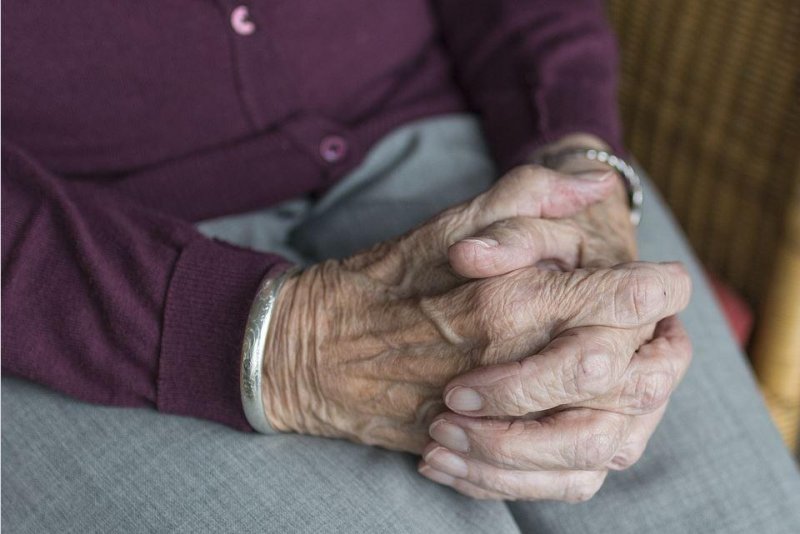People drank about two glasses of beer or wine a day were 18 percent less likely to experience a premature death, according to a study of 1,700 people enrolled in the The 90+ Study. Photo by sabinevanerp/
Pixabay
Feb. 19 (UPI) -- Here's some information to ponder while hitting the gym instead of a bar: Beer and wine have better health benefits than exercise in terms of longevity.
Those are the findings of University of California neurologist Claudia Kawas and other researchers conducting the 90+ Study, an effort that started in 2003 to explore impacts of daily habits on longevity.
In the 1,700-person survey, people who drank about two glasses of beer or wine per day were 18 percent less likely to experience a premature death than those who abstain -- but participants who exercised 15 to 45 minutes a day cut the same risk by 11 percent.
As part of the survey, researchers perform neurological, neuropsychological and cognitive tests on the participants every six months at the Clinic for Aging Research and Education in Laguna Woods, Calif. They also obtain diet, activities, medical history and medications, among other factors relevant to the participants health.
"I have no explanation for it, but I do firmly believe that modest drinking improves longevity," Kawas said Saturday at the American Association for the Advancement of Science annual conference in Austin, Texas.
Even those who were slightly overweight, but not obese, had a 3 percent reduced chance of an early death than those who are normal or underweight. And drinking about two cups of coffee a day lowered the risk by 10 percent compared with the nondrinker.
Those who spent two hours a day on a hobby were also 21 percent less to die prematurely.
"These people are inspiring -- they drink wine, drink coffee, gain weight, but they exercise and use their brains," she said. "Maybe that can tell us something."
Kawas started the study 15 years ago in search of explanations for why some people reach the age of 90 and others don't.
She said 40 percent of people aged 90 and older suffer from dementia and almost 80 percent are disabled. Among those with dementia, half do not have sufficient neuropathology in their brain to explain their cognitive loss.
"The sad thing is, we've added more years than we've added quality," Kawas said at the Austin conference. "There's a remarkable core of individuals we see who maintain excellent cognitive skills and often motor skills."















